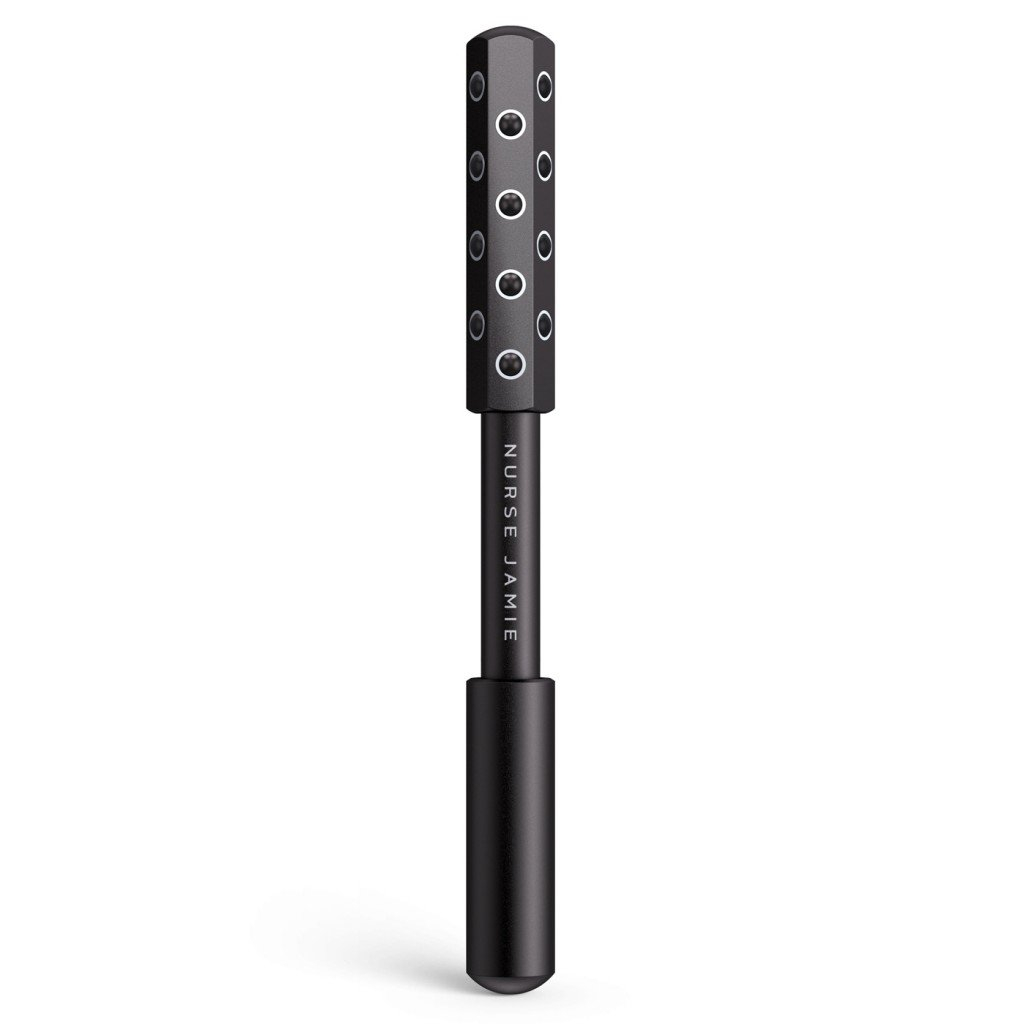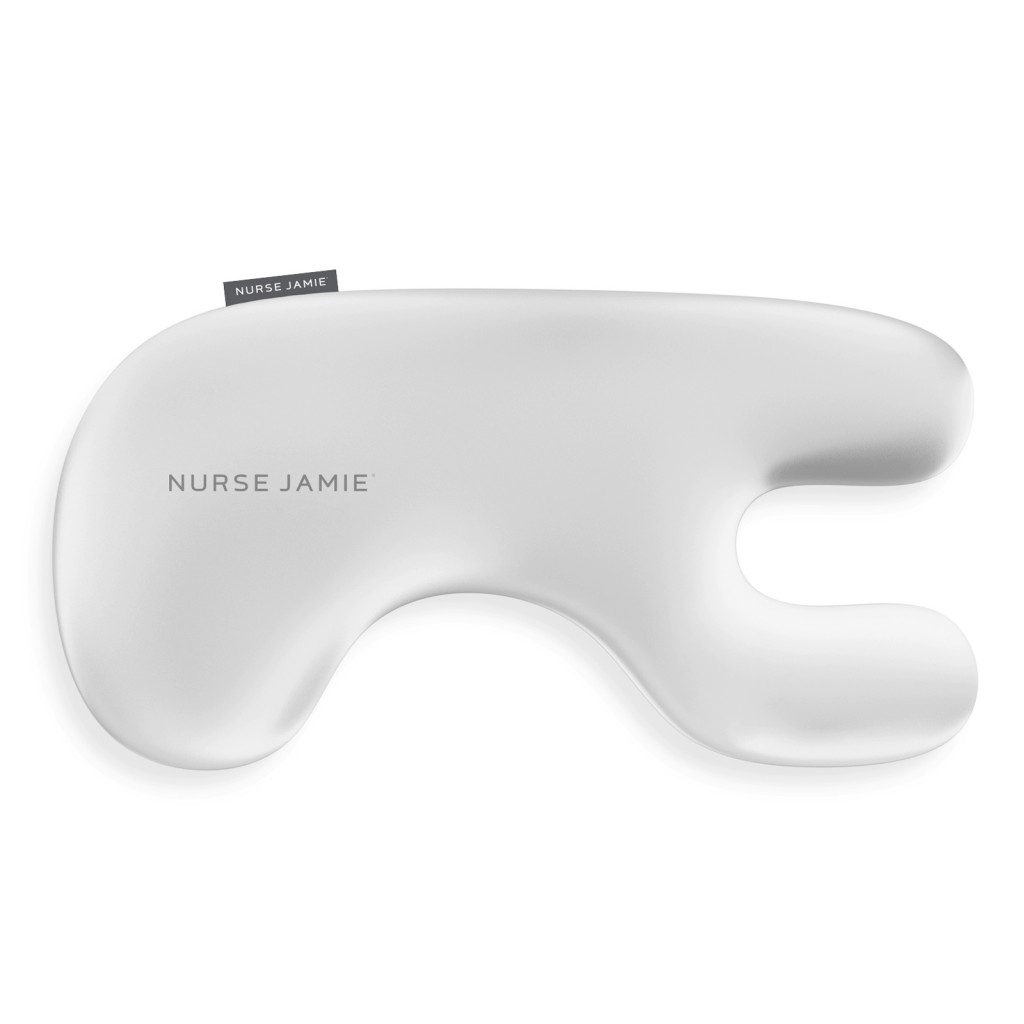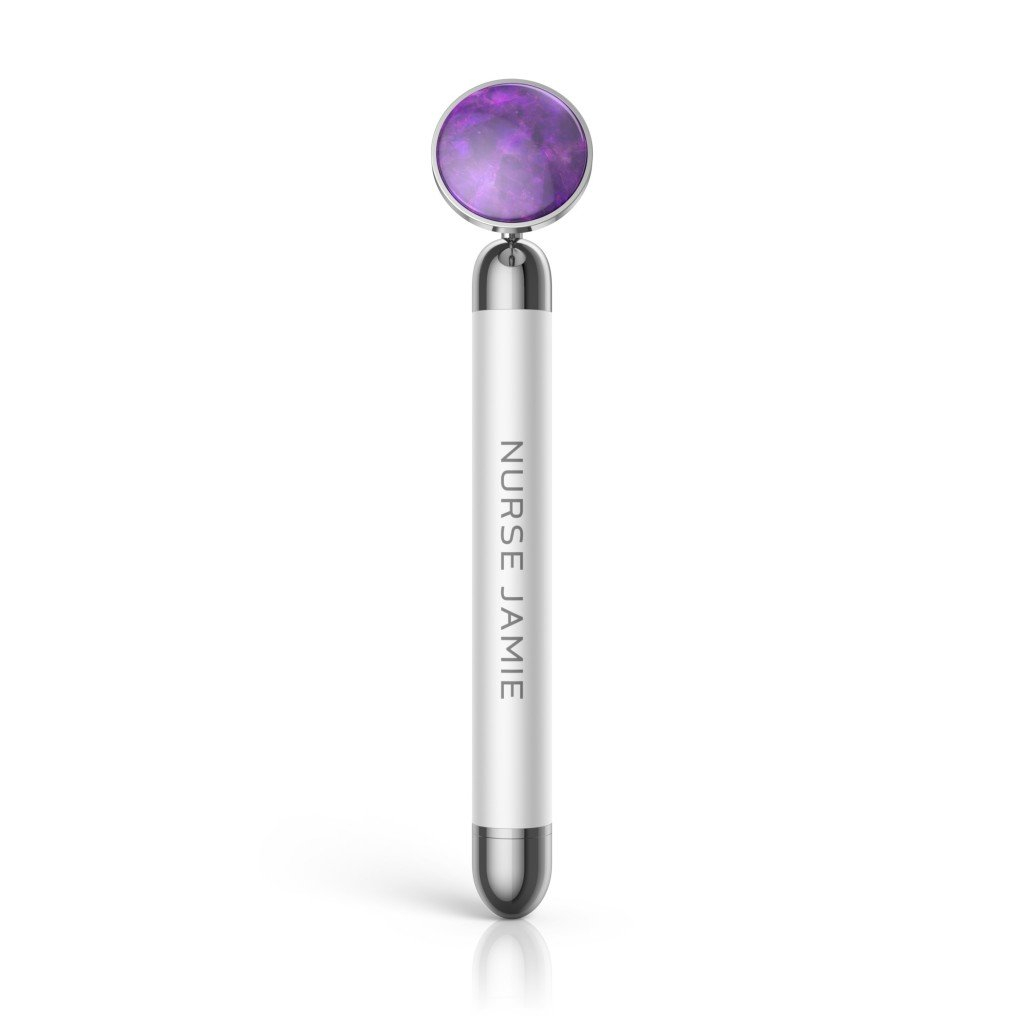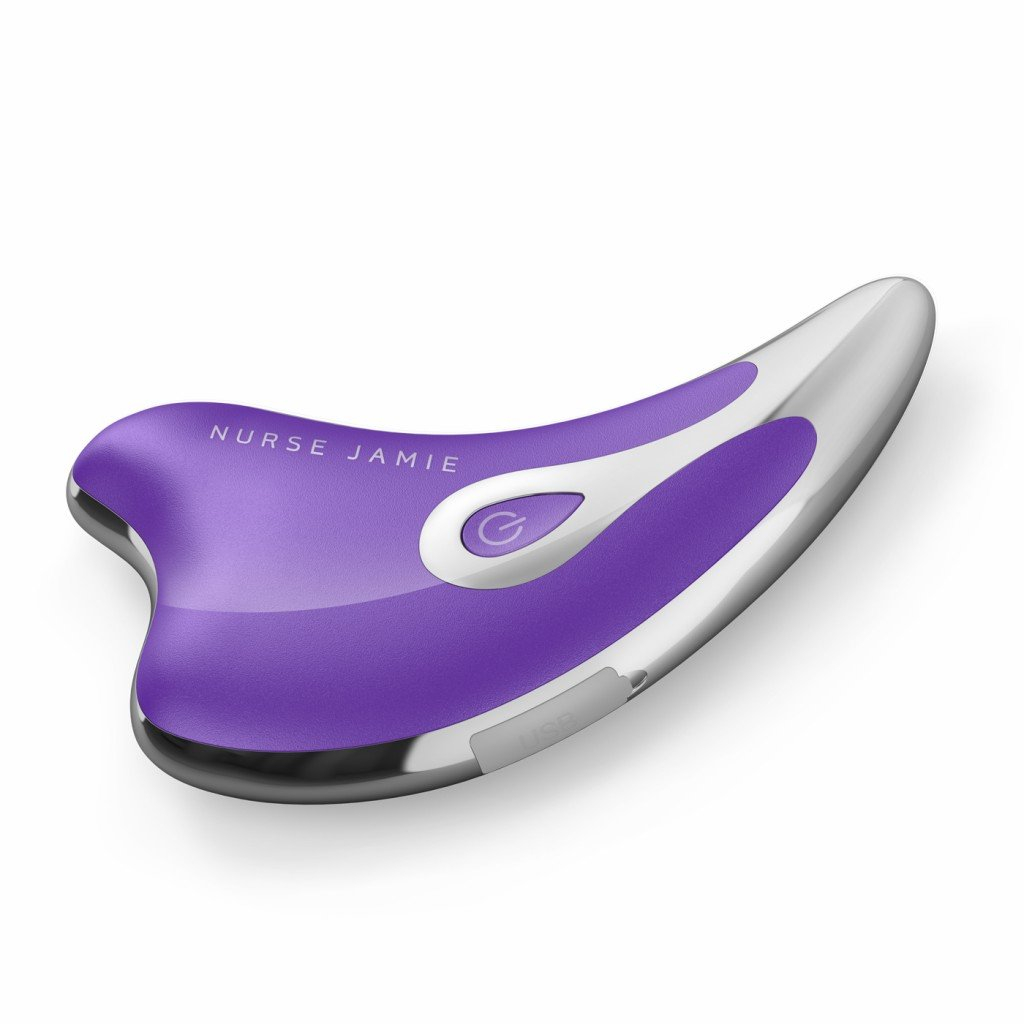Meet the Skincare Expert Every Celebrity Is Clamoring to Get an Appointment With
Welcome to our new podcast, Who What Wear With Hillary Kerr. Think of it as your direct line to the designers, stylists, beauty experts, editors, and tastemakers who are shaping the fashion and beauty world. Subscribe to Who What Wear With Hillary Kerr on Apple Podcasts and Spotify.
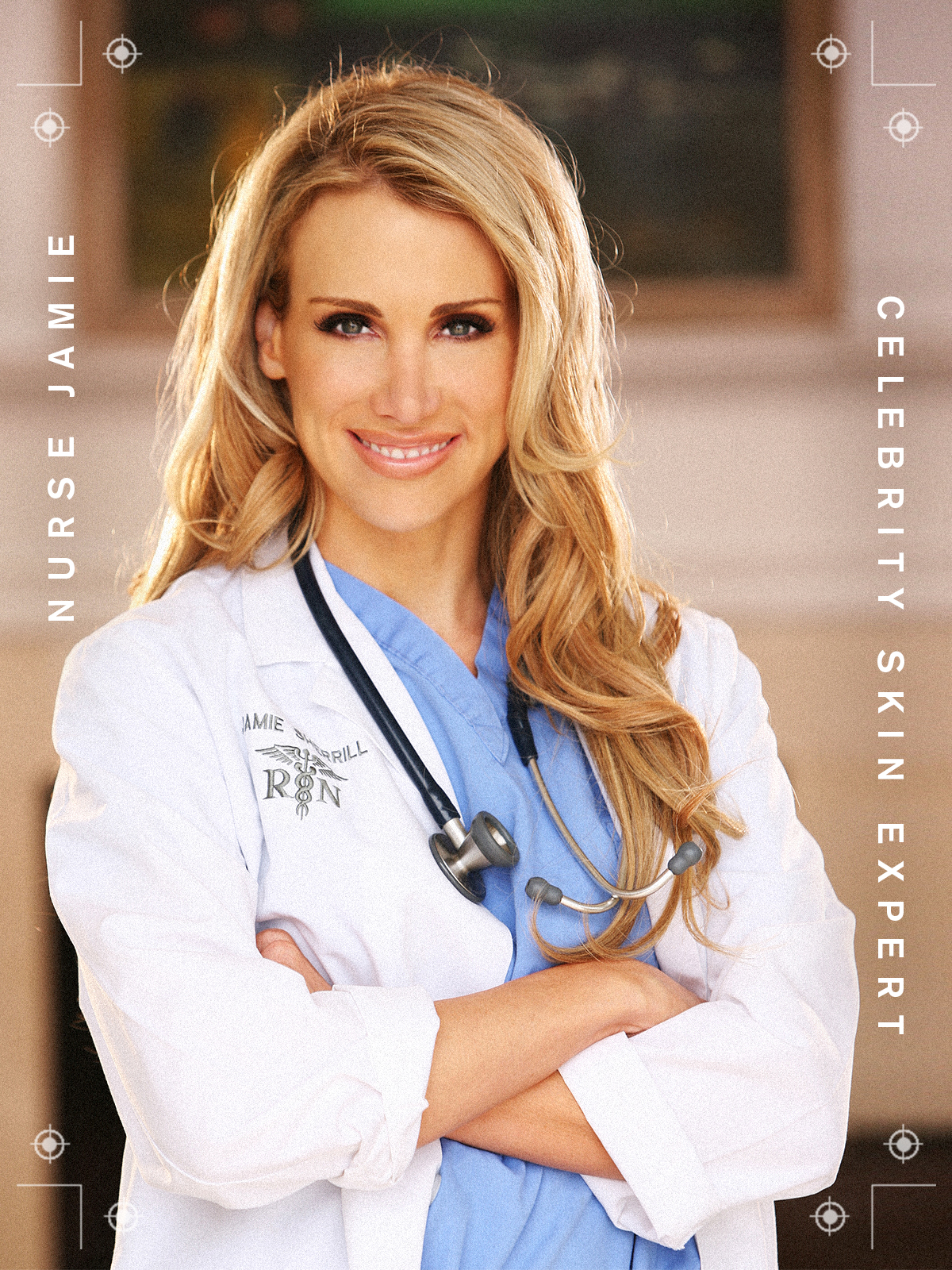
This week's podcast episode features Nurse Jamie, a renowned celebrity skincare expert who you may also recognize from the Netflix reality series Skin Decision: Before and After. As one of the foremost beauty professionals worldwide, she's worked with A-list clients like Jessica Alba, Jenna Dewan, Ruby Rose, the Kardashians, and so many more to help them achieve the supple and dewy skin they've made their trademark.
Since starting her own medical spa Beauty Park located in Santa Monica, she's gone on to launch a skincare and beauty brand in tandem with acting as a spa director for luxury spots around the world. Don't even get us started on how she manages to juggle all of this while rearing her triplets. Listen in as the filler queen (as Hillary Kerr affectionately dubs her) herself gives us the lowdown on which treatments she performs on her clientele and how you should be maintaining your own beauty regimen from home.
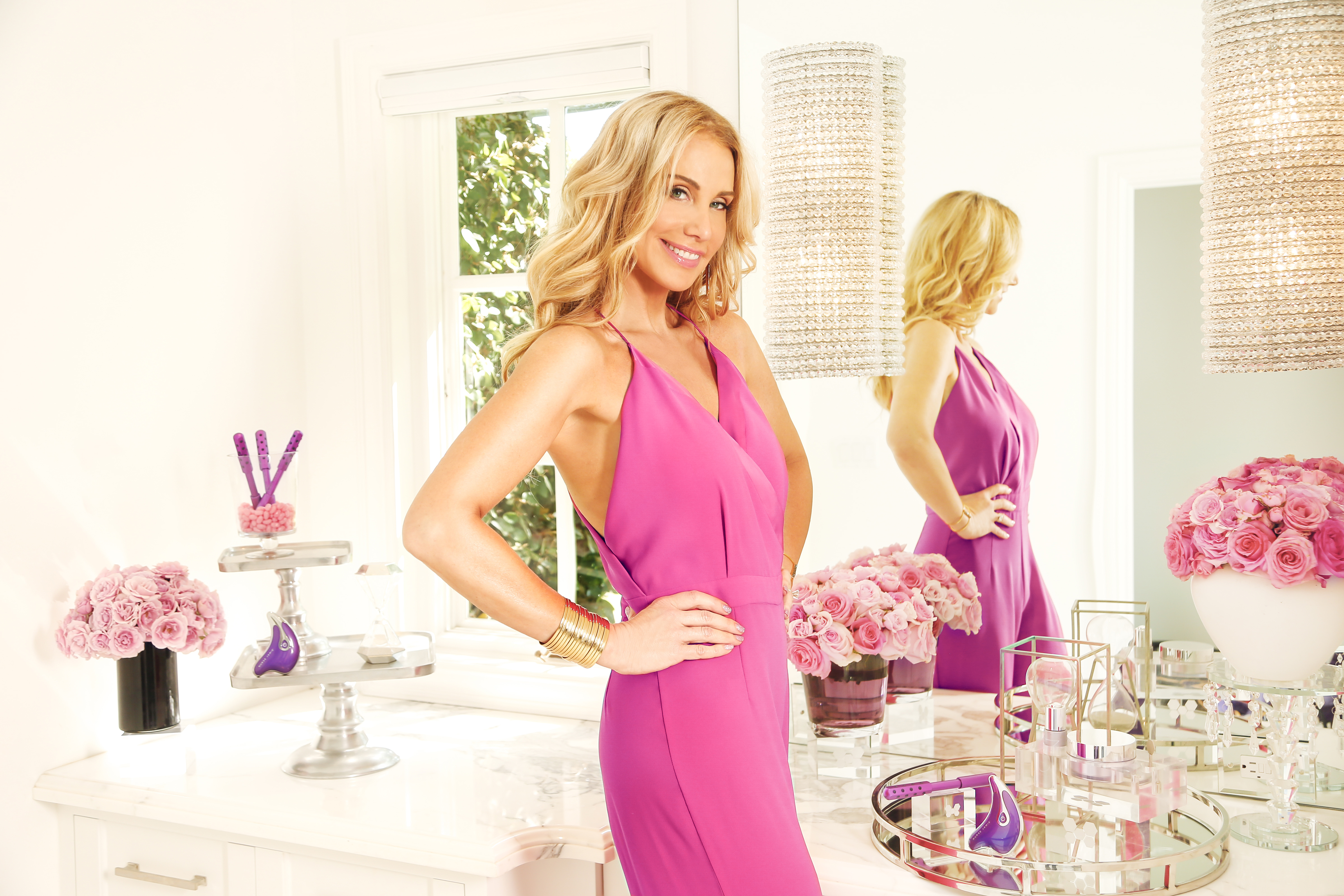
One of the things that I love about your work is that you have a very natural aesthetic and you're very much about making people look like the best version of themselves as opposed to radically changing their appearance. How do you balance what someone wants and what you think they should do?
Nurse Jamie: Well, it's much easier now that I'm older. I guess I'm more established because I think when I was younger, I tried to do almost every style. I guess if I were a contractor, I do more restoration instead of building an addition. So people don't usually come to me to build additions, it's more for restoration. And I think what I pride myself on is what I call not doing the number 37. Like when there's the same set of lips and you can literally cut them out and put them on anyone and everyone has the those lips or these cheeks, I don't like that. I think we're all little snowflakes and I think it's about honoring the shape of your face. That's just something that I think is really important.
Everyone knows that you are the queen of filler. Anyone who's seen your Netflix show Skin Decisions is very aware of how truly next-level your work is. I'm hoping that you can talk about some of the lesser-known uses for filler. Everyone knows you can put in your lips, but what else can you do with it?
NJ: I love filler. You can use it in so many different ways. I don't even really probably use it in the traditional ways as frequently as I do in like off-label, I guess. I'm all about restoring the structure. There's a thing that I call peanut head where we lose fat in our temple. The way I kind of treat that is by doing hidden filler more in the hairline and then the temples and back in front of the ears instead of just placing it in the nasal labial folds because filler does stimulate new collagen and over time it can start to look very heavy. So I rarely, if ever, put it in the folds, which is probably one of the more common areas to use it. I look at the folds as symptoms. We start to lose fat in our face in our 30s and then we start to lose bone density in our 40s. To mimic that fat and the bone loss, I kind of just restore that structure more. There are also things like Sculptra. I use it more for dermal repair. Sculptra is poly-L-lactic acid, it's one molecule different than sugar, and I think it was popular when it first came out for people that had HIV and were super emaciated.
With traditional filler, you could almost see the lines where it went in and where you were placing it. So I love Sculptra for dermal repair. I use it for cellulite; I use it for the décolleté, the neck (because obviously you don't want to add any volume there, but you want to repair that tissue from sun damage); hormone therapy; different things that can cause that thinning of the skin.
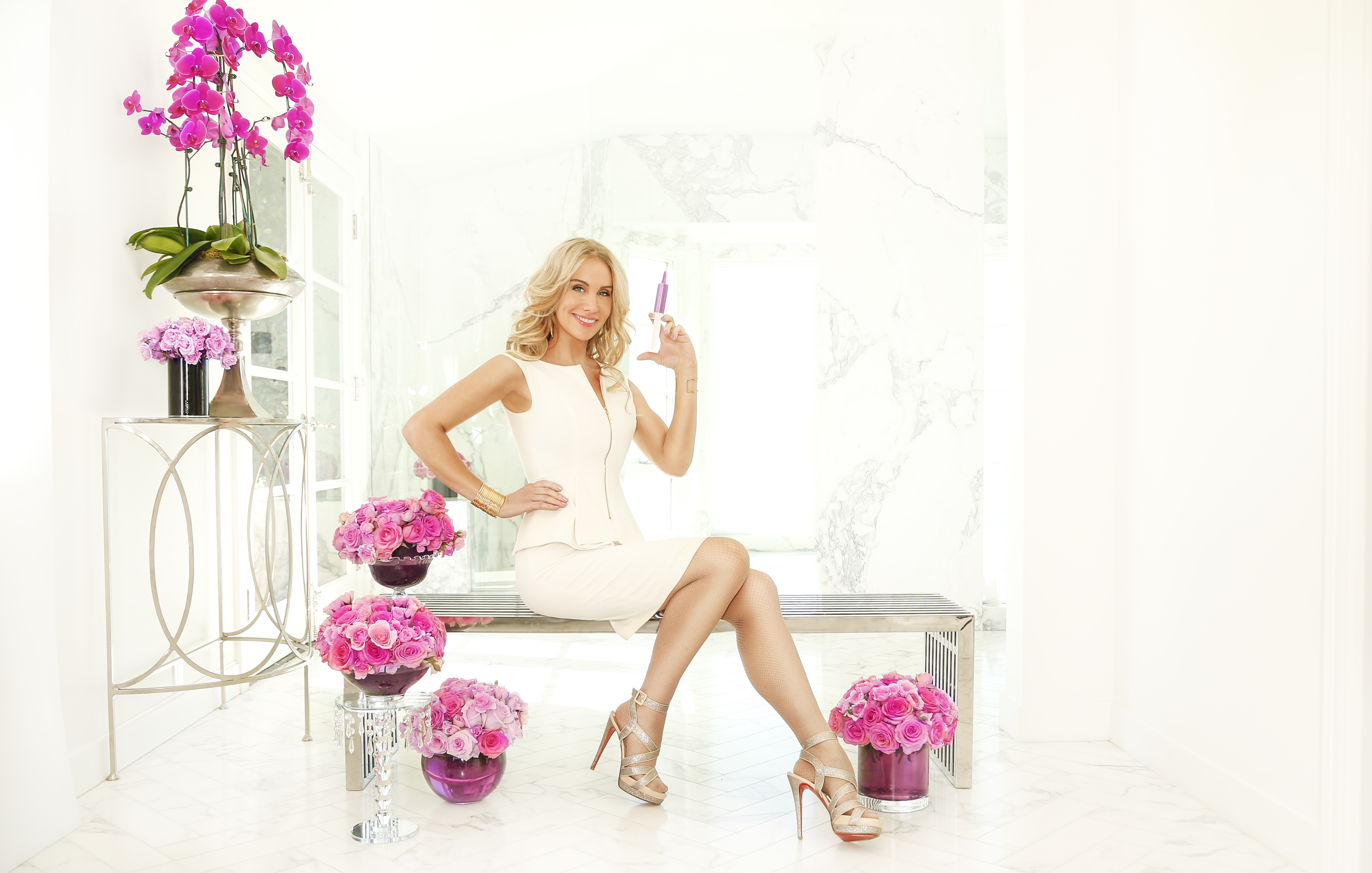
Let's talk about skincare a little bit because you obviously have your own products. What are the absolute necessities in terms of a skincare routine, no matter what your skin type is? What are the basic foundational products that everyone should have?
NJ: I am a big fan of The Beauty Tool, obviously. Because I feel like, "Why do we inject hyaluronic acid instead of applying it topically? Your skin is the largest organ in the body—its main function is to protect." So if you put on hyaluronic acid topically, you could have the best product in the world, essentially. You want to get it to absorb to do what it’s designed to do. You need to massage for 20 minutes. Who's doing that? Nobody. You'd have to do it with your hands. So use a beauty tool like the roller or even something a little faster that has sonic technology to get the product to absorb. I kind of look at skincare as the fuel and The Beauty Tool as the automobile. You kind of need both to get somewhere. The number two best-selling product I have is the pillow. There was an aha moment—just like there was with sunscreen about 10 years ago—that the number three cause of premature aging is side stomach sleeping and poor sleep habits.
Seventy percent of us are side sleepers. You always have more lipoatrophy (loss of fat) on your sleeping side. Your head's very heavy; it's the weight of a bowling ball. If you're sleeping on your side six to eight hours a night, 3000 hours a year, in a similar position, you have the propensity to lose fat on that side. It's a real thing. And it's not just the face—it's also the décolletage. I don't think a lot of people know the pillow was created in the 1940s. It has nothing to do with your face, it was created to complete the look of the bed. If you're a side sleeper, then it’s simple physics. The higher the angle, the more likely you are to get those necklines.
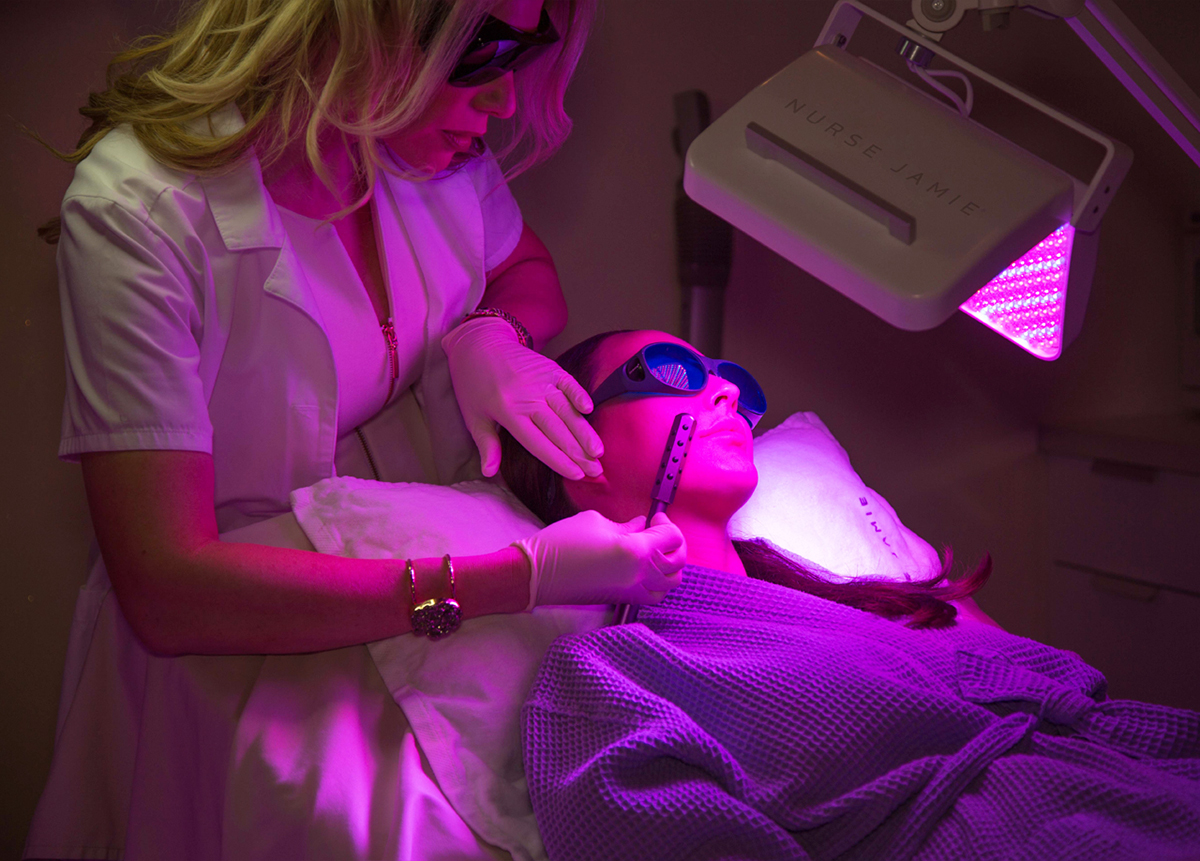
Shop Nurse Jamie's Beauty Products
This interview has been edited and condensed for clarity. Check out our previous episode featuring Cruella's costume designer Jenny Beaven.
Ray Lowe is a contributing editor for Who What Wear. She's spent the last decade living in New York, but now that she professionally works from home, she's slowly been going back to her roots by splitting time between NYC and L.A. A year ago, she left a four-year stint as a fashion editor for Refinery29 to explore the freelance life. Nowadays, she does just about everything from penning online articles (for Who What Wear, Refinery29, Elle, Cosmo, and many more) to writing scripts, styling, and finding ways to fuse her love for both Disney and fashion. Her main beat is fashion (trends, emerging brands, affordable finds, you name it), but you may find her dropping in with a beauty story every now and then. As for her personal style, she'd best describe it as a balanced blend of basics and contemporary trends, often with a dash of Mickey Mouse thrown in for good measure. In her spare time, she can be found coddling my pets (a French bulldog and a rescue cat), curating travel itineraries for her friends, scrolling through Instagram for up-and-coming brands, and watching so-bad-they're-good films.
-
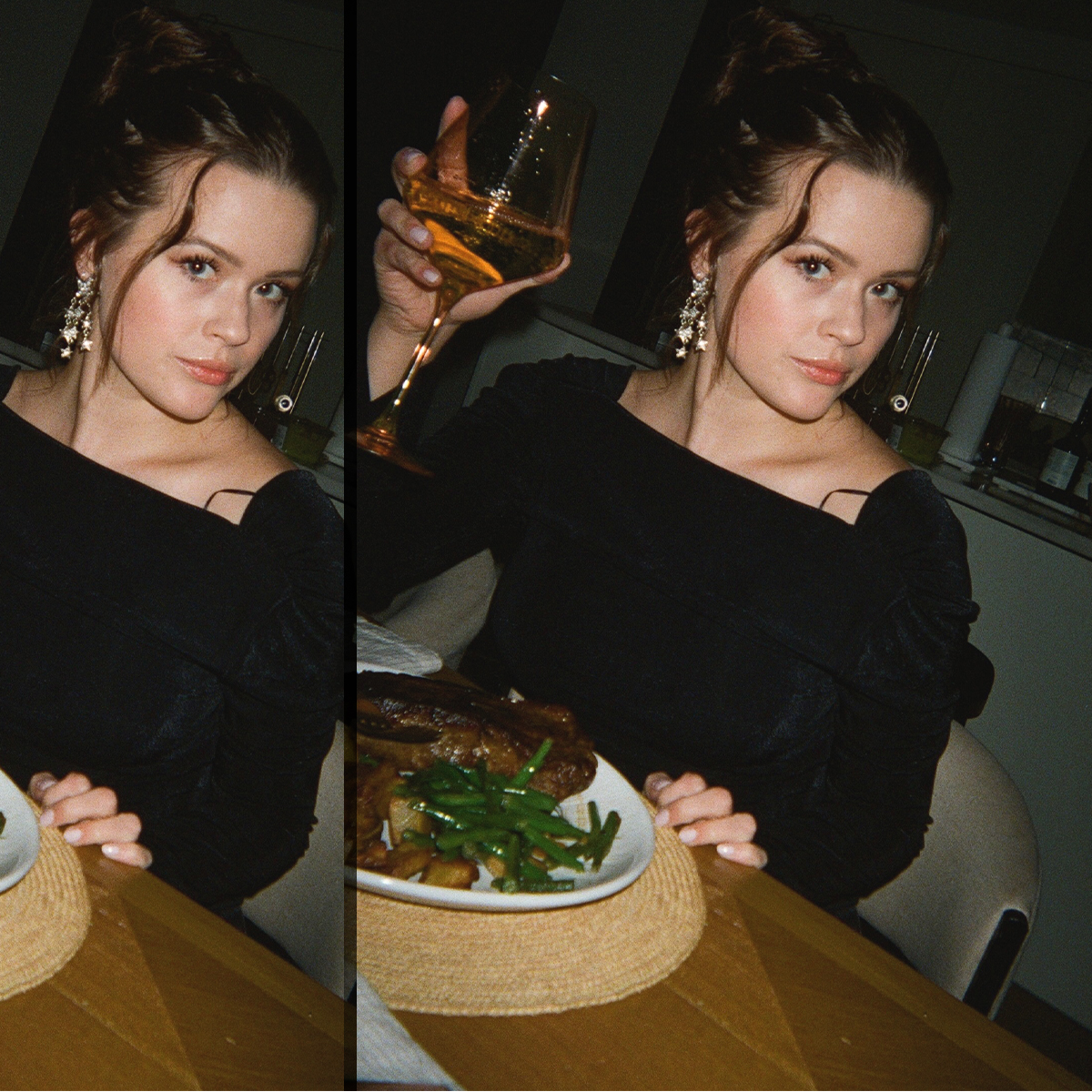 Ava Phillippe on Her "Fantasy" Brunette Era and the $12 Lip Stain She Bought After Billie Eilish
Ava Phillippe on Her "Fantasy" Brunette Era and the $12 Lip Stain She Bought After Billie EilishRead our Unfiltered chat.
By Jamie Schneider
-
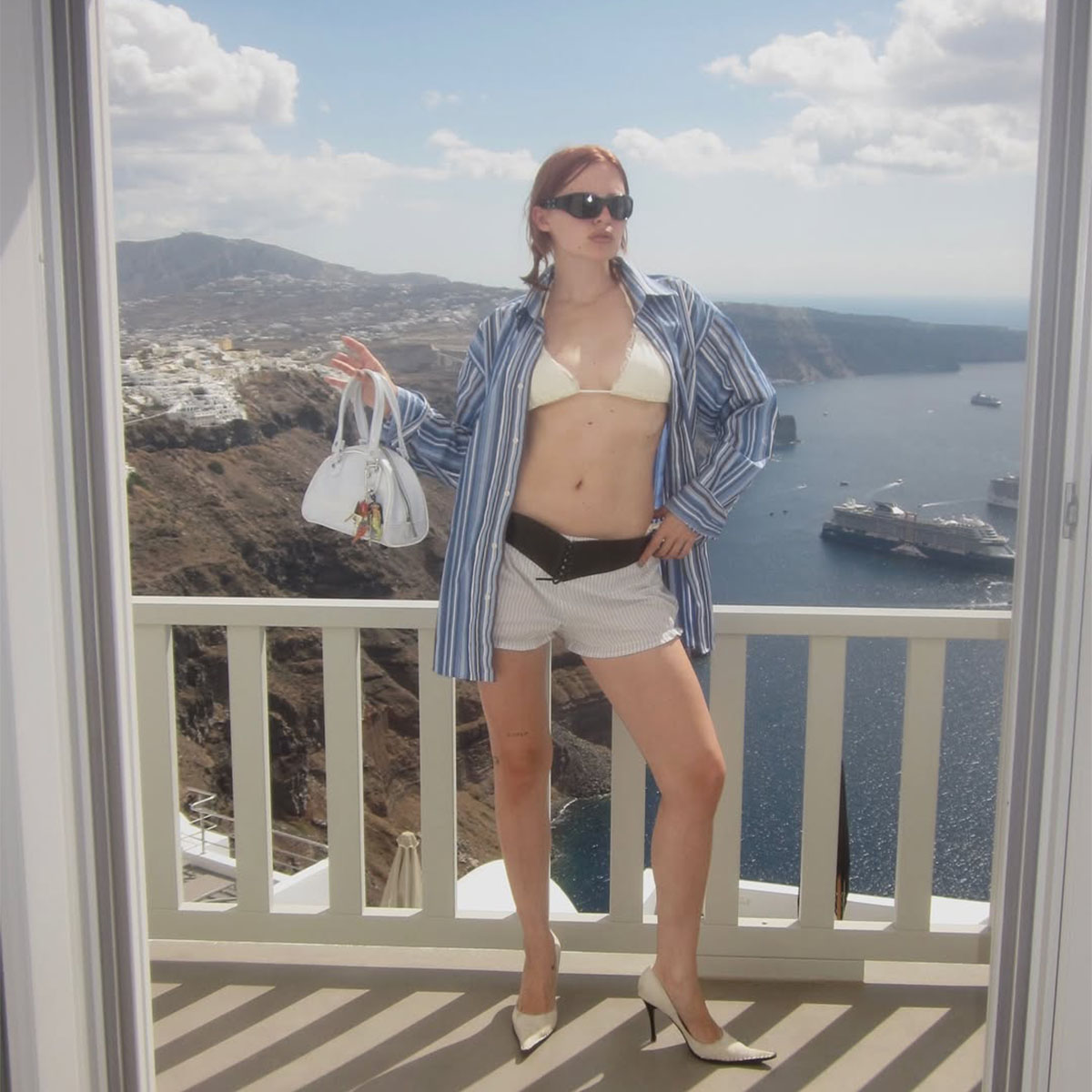 I'm an NYC-Based Shopping Editor, and I Always Shop My Favorite Emerging Brands at This One Cool Retailer—See My Picks
I'm an NYC-Based Shopping Editor, and I Always Shop My Favorite Emerging Brands at This One Cool Retailer—See My Picks"It's pronounced essence."
By Audry Hiaoui
-
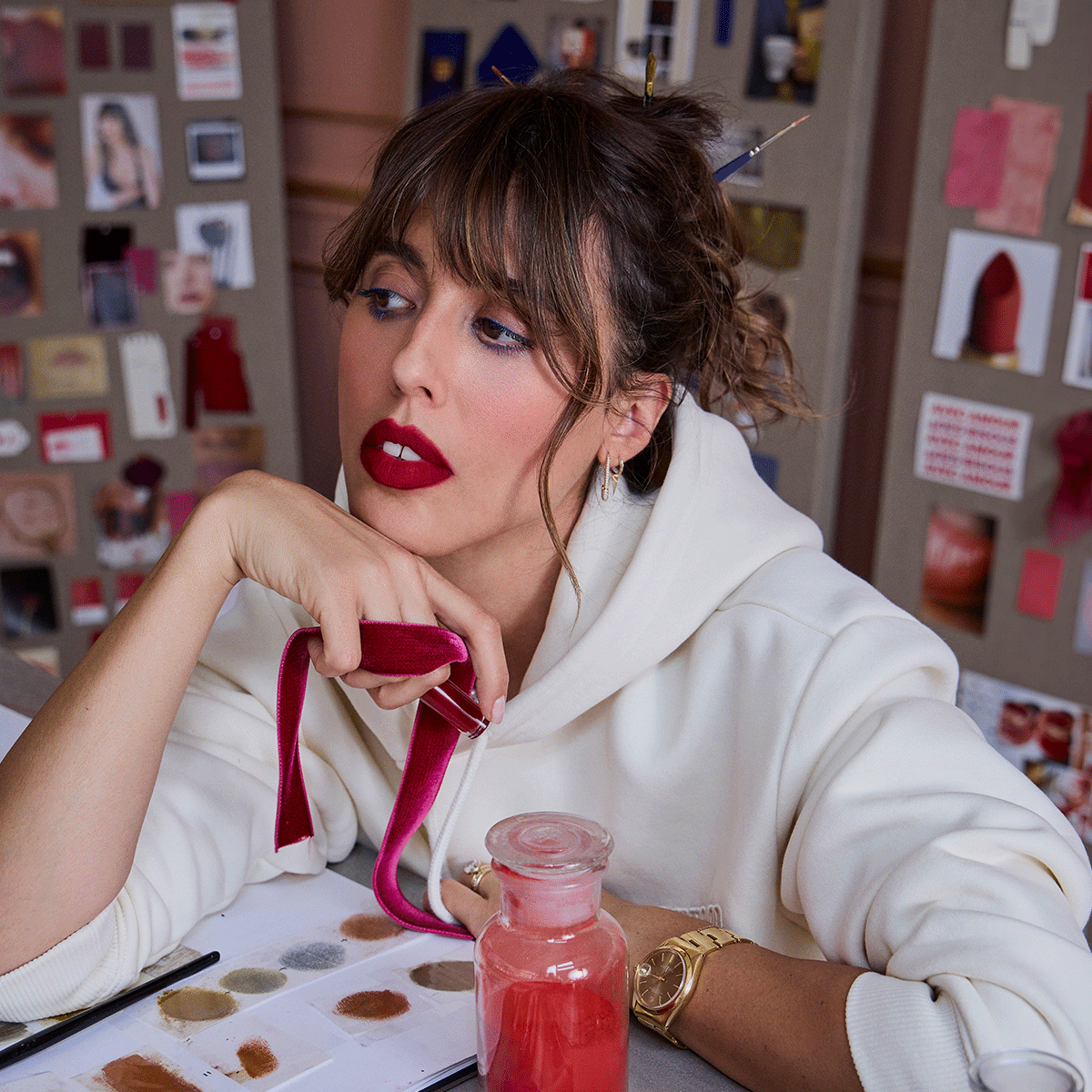 Founder Violette Serrat on How Violette_FR Went From Having a Cult Following to Launching in Sephora
Founder Violette Serrat on How Violette_FR Went From Having a Cult Following to Launching in SephoraSchool is in session.
By Madeline Hill
-
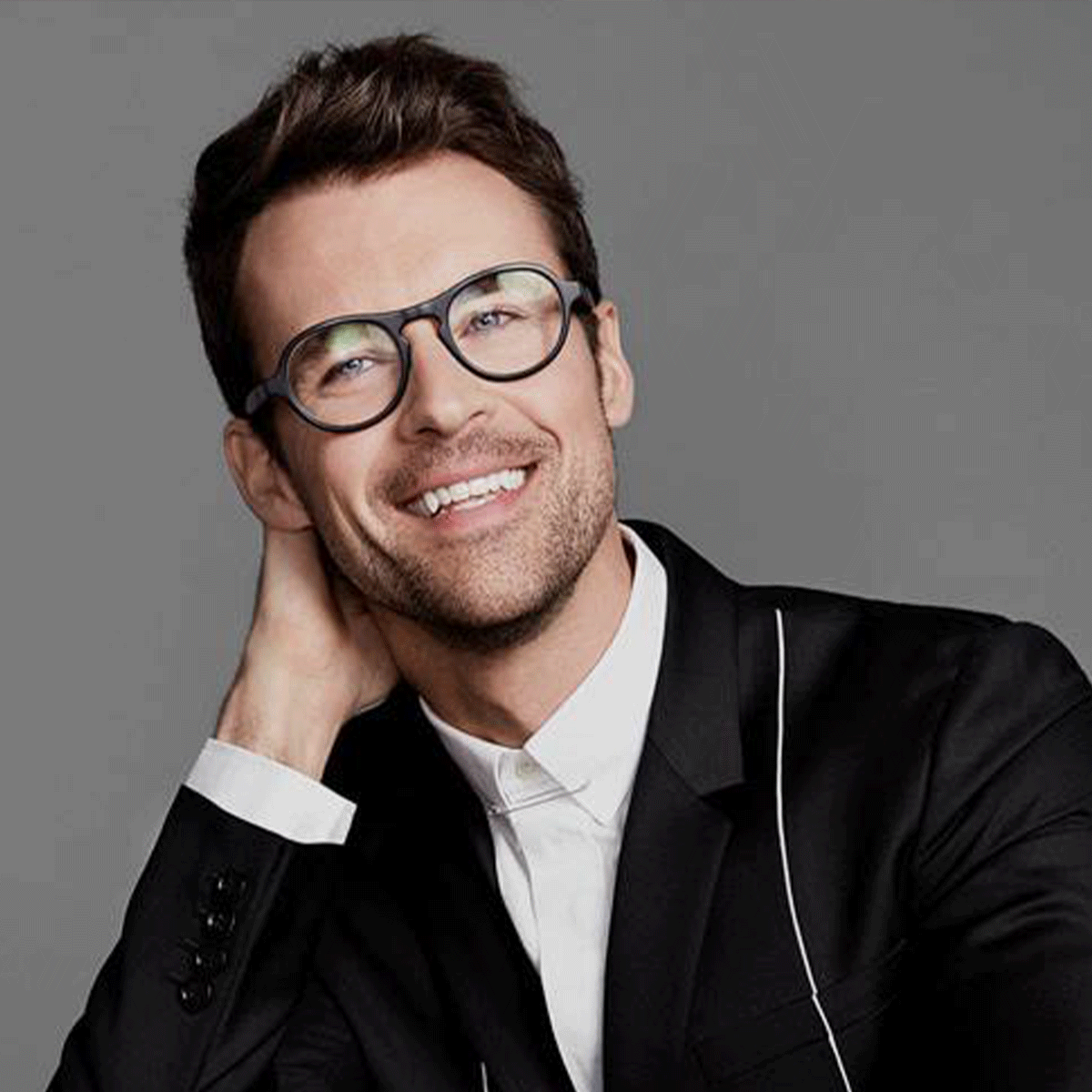 Stylist Brad Goreski on His Whirlwind Year of Red Carpet Looks for Demi Moore
Stylist Brad Goreski on His Whirlwind Year of Red Carpet Looks for Demi MoorePlus, how he brought body horror to the red carpet.
By Claire Schmidt
-
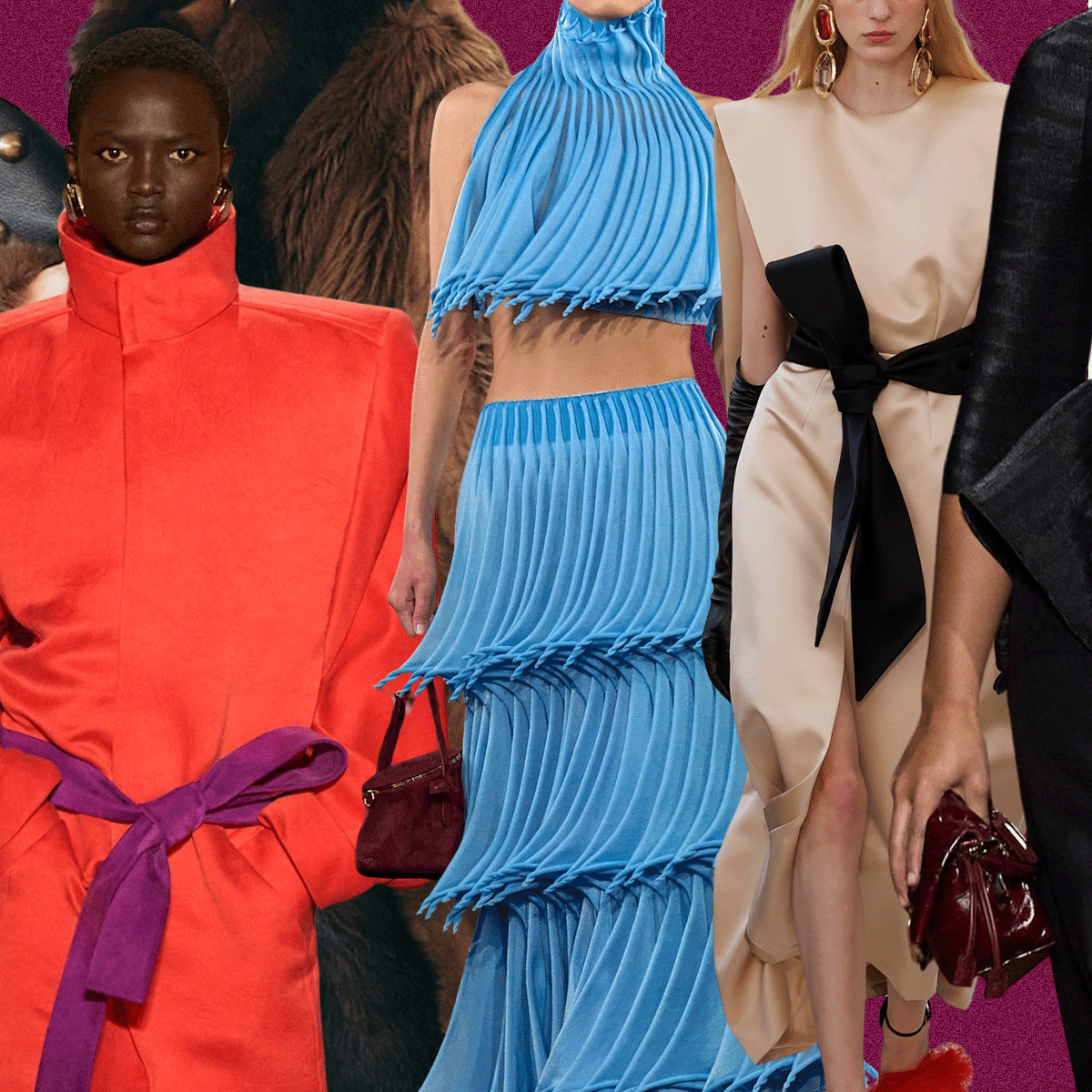 The Top Trends From Fashion Month, According to Our Editors
The Top Trends From Fashion Month, According to Our EditorsThere's a lot to keep track of.
By Madeline Hill
-
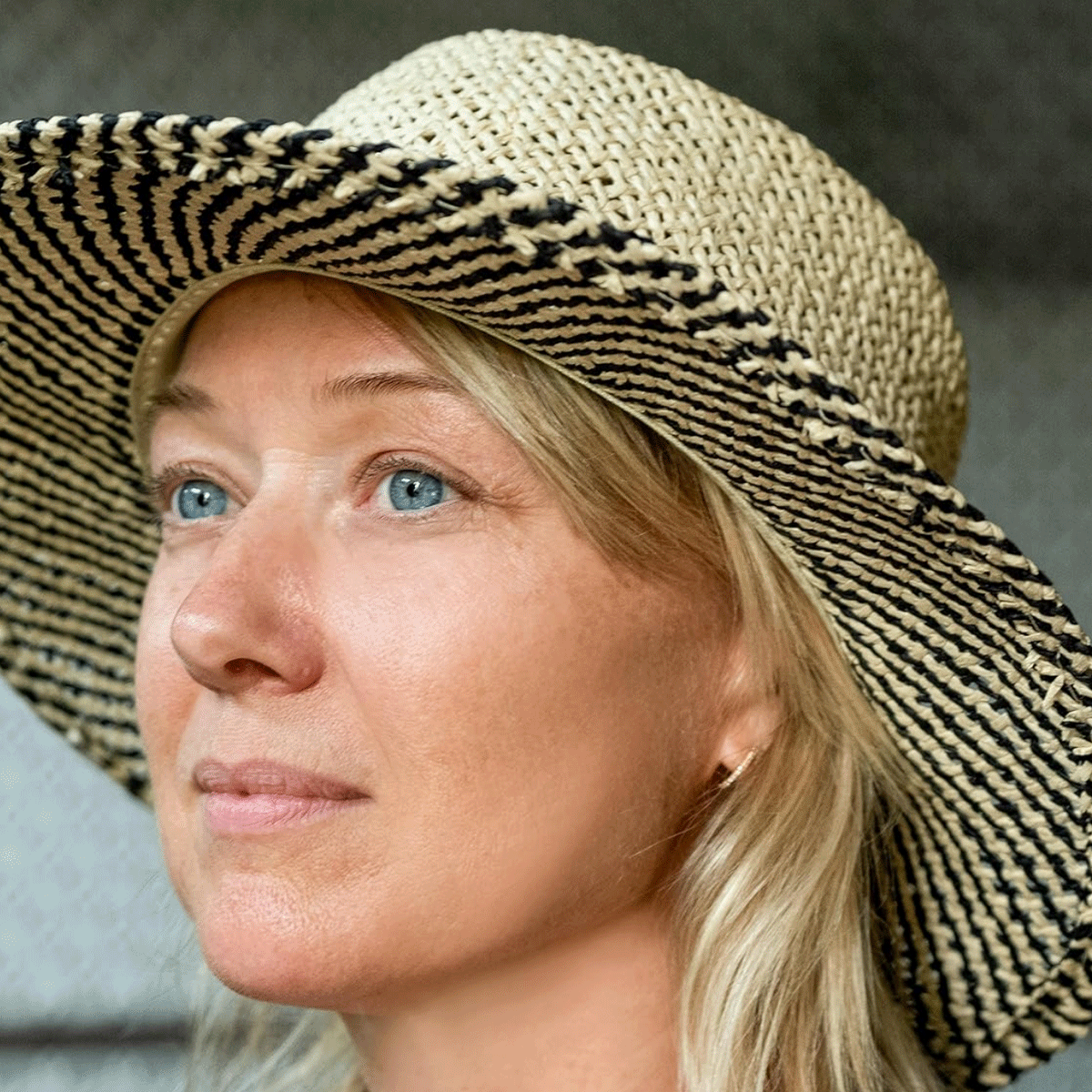 The White Lotus Costume Designer Shares How She Puts Together Those Iconic Looks
The White Lotus Costume Designer Shares How She Puts Together Those Iconic LooksPlus, how she got her start in entertainment.
By Madeline Hill
-
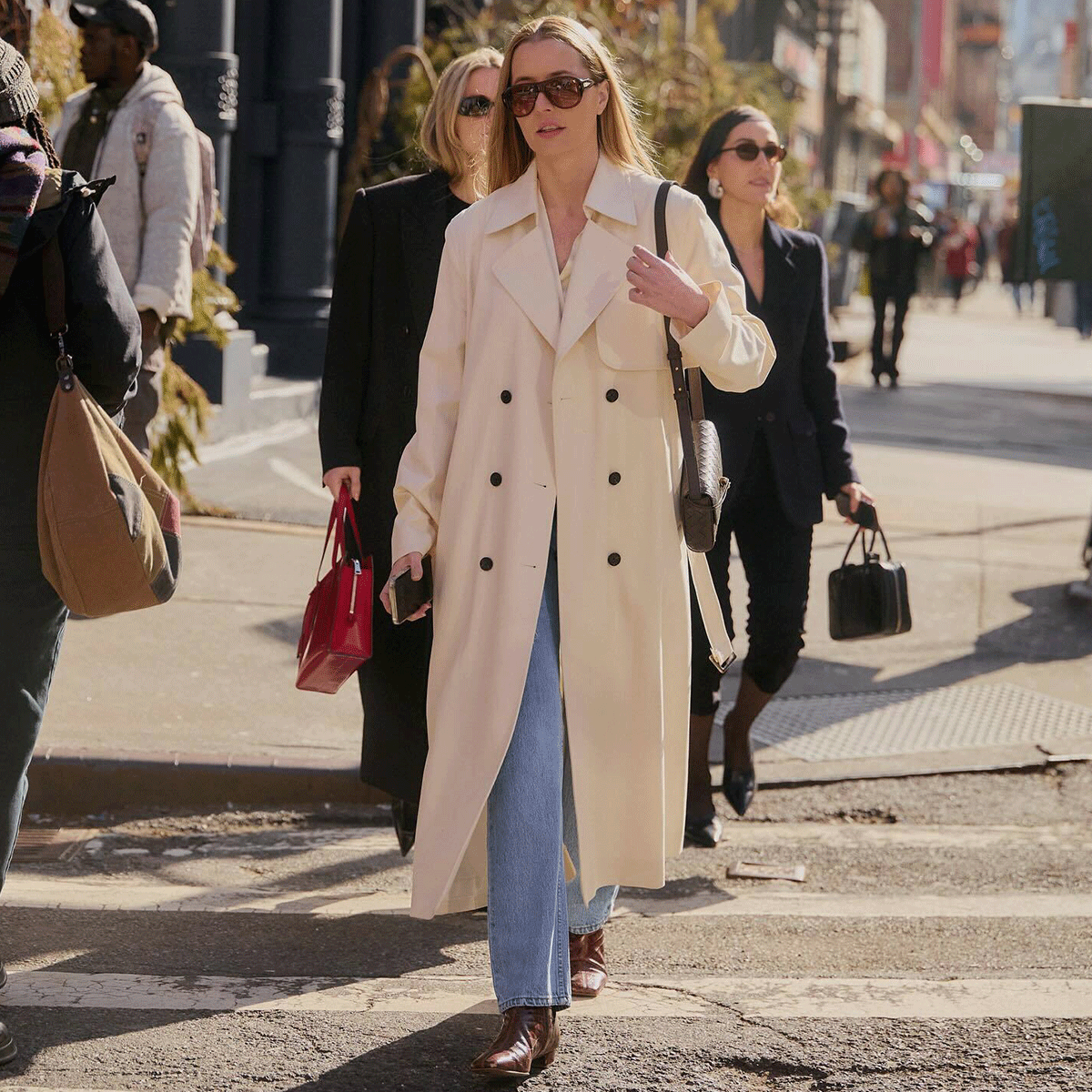 Our Editor Shares Her 2025 Spring Fashion Predictions
Our Editor Shares Her 2025 Spring Fashion PredictionsPlus, the items you can incorporate into your rotation.
By Madeline Hill
-
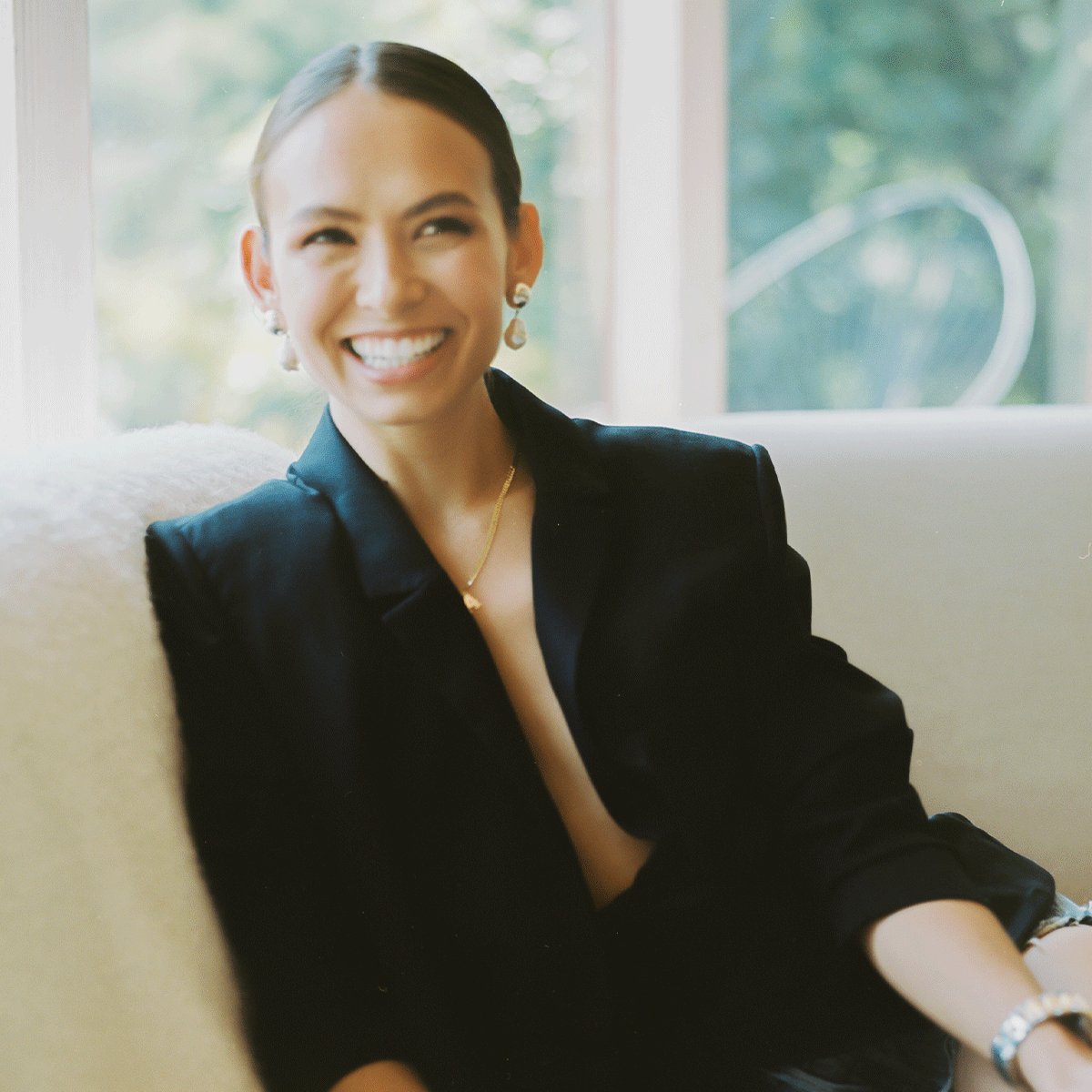 Why Sporty & Rich Founder Emily Oberg Is Launching a Sexual Wellness Line
Why Sporty & Rich Founder Emily Oberg Is Launching a Sexual Wellness LineIt's time for something new.
By Madeline Hill
-
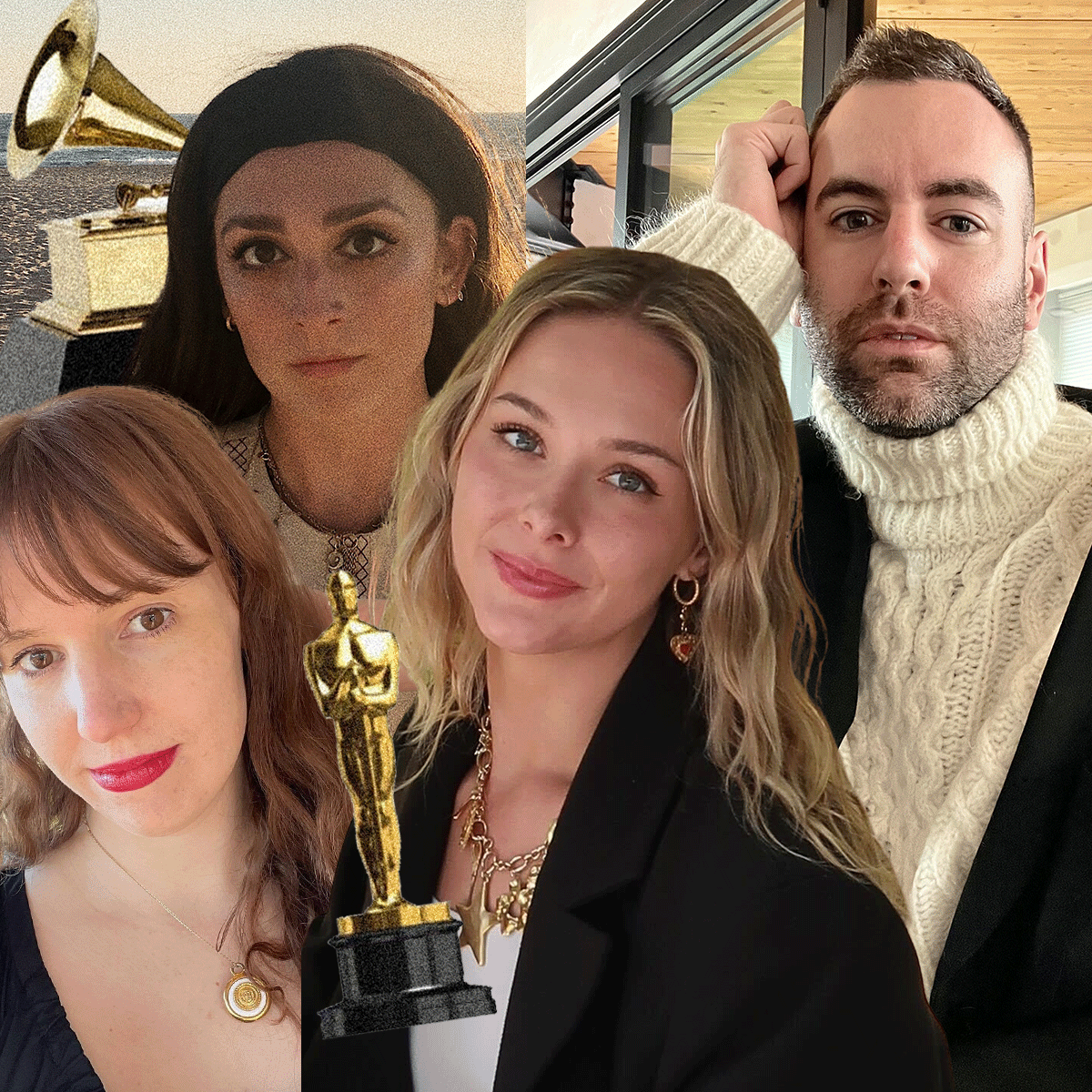 An Award-Season Debrief With Our Editors, From Trends to Top Looks
An Award-Season Debrief With Our Editors, From Trends to Top LooksPlus, we discuss the stylists who've been at the top of their game all season long.
By Claire Schmidt
-
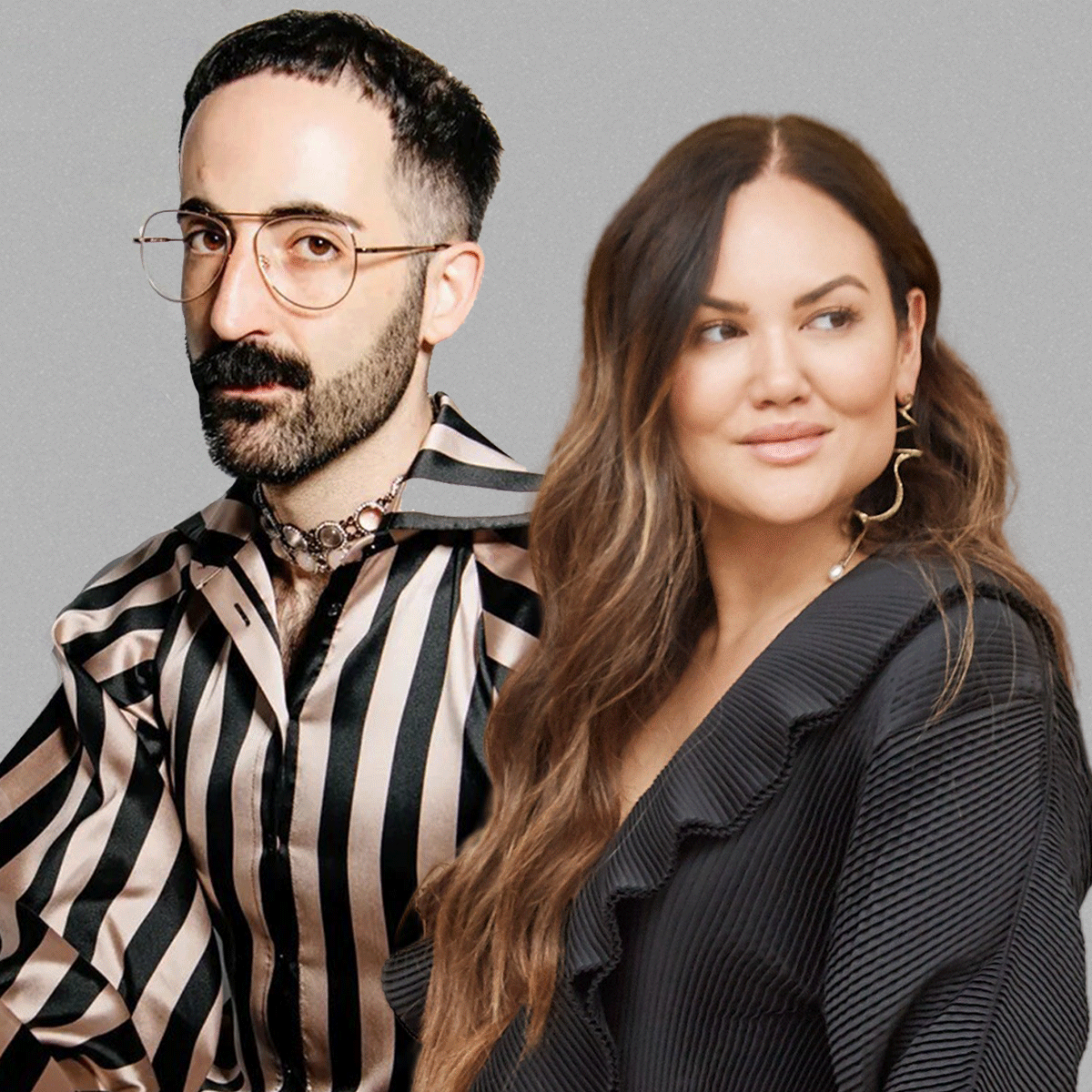 2025 Bridal Predictions From the Minds Behind Wiederhoeft and LOHO Bride
2025 Bridal Predictions From the Minds Behind Wiederhoeft and LOHO BrideMaximalism is in.
By Madeline Hill
